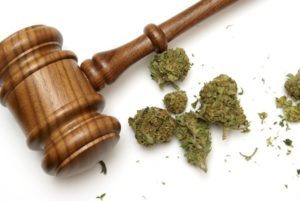 Amendments to 2C:52-2 continued as follows:
Amendments to 2C:52-2 continued as follows:
For purposes of determining eligibility to present an expungement application to the Superior Court pursuant to this section, a conviction for unlawful distribution of, or possessing or having under control with intent to distribute, marijuana or hashish in violation of paragraph (11) of subsection b. of N.J.S.2C:35-5, or a lesser amount of marijuana or hashish in violation of paragraph (12) of subsection b. of that section, or a violation of either of those paragraphs and a violation of subsection a. of section 1 of P.L.1987, c.101 (C.2C:35-7) or subsection a. of section 1 of P.L.1997, c.327 (C.2C:35-7.1), for distributing, or possessing or having under control with intent to distribute, on or within 1,000 feet of any school property, or on or within 500 feet of the real property comprising a public housing facility, public park, or public building, or for obtaining or possessing marijuana or hashish in violation of paragraph (3) of subsection a. of N.J.S.2C:35-10, or for an equivalent crime in another jurisdiction, regardless of when the conviction occurred, shall not be considered a conviction of a crime within this State or any other jurisdiction but shall instead be considered a conviction of a disorderly persons1 offense within this State or an equivalent category of offense within the other jurisdiction, and a conviction for obtaining, possessing, using, being under the influence of, or failing to make lawful disposition of marijuana or hashish in violation of paragraph (4) of subsection a., or subsection b., or subsection c. of N.J.S.2C:35-10, or a violation involving marijuana or hashish as described herein and using or possessing with intent to use drug paraphernalia with that marijuana or hashish in violation of N.J.S.2C:36-2, or for an equivalent crime or offense in another jurisdiction, regardless of when the conviction occurred, shall not be considered a conviction within this State or any other jurisdiction.
All of the underlined language is new to the expungement statutes. The effect of treating these marijuana “crimes” as disorderly persons offenses is to increase expungement eligibility and decrease the expungement eligibility waiting period.
